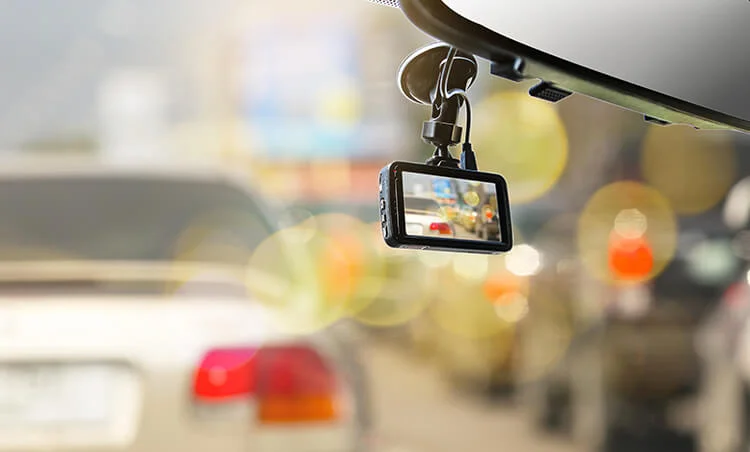Michigan Dash Cam Regulations: Key Facts for Drivers in 2024. Dash cams are nowadays essential tools for most drivers in today’s digital world. They keep you safe, record proof in the event of an accident, and sometimes they can even record random moments on the road.
Though possible to install and use a dash cam on your Michigan vehicle, being knowledgeable about laws that affect dash cams will be best for you. This post digs deep into Michigan laws for dash cams, making some important distinctions regarding its legality, placement, right to privacy, and the uses of it.
1. Are Dash Cams Legal in Michigan?
There is no law prohibiting the use of dash cams in Michigan. There is no illegal application in the use of dash cams in Michigan, and a significant number of road users have taken to adopting these as supplementary safety features.
No such law within the Michigan Vehicle Code excludes personal use in private automobiles.
Dash cams are legal but do not mean they could use them any way a driver wanted.
This is what people refer to as “use restrictions.” People living in Michigan using dash cams will have to know where exactly the device should go, especially where to point a video camera.
2. Placement of Dash Cam: What Says Michigan Statutes?
Even though Michigan has no laws against using a dash cam, placing it on your windscreen or dashboard may be dangerous in case it obstructs your view of the road.
Michigan law (MCL 257.709) states that it is unlawful to drive a car with anything on or near the windscreen that makes it impossible for the driver to see the road.
In other words, drivers have to be careful where they attach their dash cams. Generally, Michigan law allows people to have things installed in their car, such as dash cams, provided that they are not obstructive to views.
To abide by these rules, dash cams can be mounted either behind a rearview mirror or close to the bottom of a windscreen, so the driver’s view is unobstructed.
3. Audio Recording: Consent is the Key
Audio recording is another important aspect of the Michigan dash cam law. Michigan is a “one-party consent” state when it comes to audio recording.
Michigan’s eavesdropping law, MCL 750.539c, prohibits the recording of a private conversation without at least one person’s consent involved in the conversation.
In the case of dash cams, this means that you have to inform passengers that their recording is going on if they are inside the car with the device.
For example, if you are a carpool or ride share and your dash cam has audio recording inside the car, you should inform them that they are being recorded.
Failure to do this will result in legal action because recording without consent is an invasion of privacy.
4. Dash Cam Footage and Privacy Issues
Dash cams are useful for recording crashes and other events, but remember that other people have a right to privacy.
Michigan law does not prohibit individuals from taking videos in public places, such as roads and highways, where no one expects privacy. Therefore, it is usually acceptable to record your driving experience or things that happen on the road.
But you might find yourself in trouble with the law if you use your dash cam in a way that violates someone’s privacy, like recording private property or talks without their permission.
Always ensure that the use of your dash cam does not violate other people’s rights to privacy.
5. Using Dash Cam Footage as Evidence
Dash cam video can be used as evidence in courts in Michigan for cases like car accidents, disputes, and even criminal cases. Car drivers often use dash cams for protection in case of accidents.
The video can serve as an objective record of what happened. Police and insurance companies often view dash cam footage to determine who was at fault in an accident.
However, it should be understood that the footage of a dash cam should not be changed or edited before it serves as proof. If a video is altered, an individual may have legal trouble, and the proof that was intended to be obtained may not be admissible in court.
6. Dash Cams and Benefits of Insurance
Some insurance firms in Michigan offer discounts or additional benefits to motorists who deploy dash cams.
This is because such devices can help cut down on fraud and make accident details clearer. You should check with your insurance company to see if you can get any savings because you have a dash cam.
Conclusion
Dash cams are helpful for Michigan drivers because they give them extra safety on the road. Dash cams are allowed in the state, but it is important to follow the rules about where to put them, how to record sound, and how to respect people’s privacy.
Ensure that your dash cam doesn’t obstruct your view and never use it in a manner that infringes on another person’s rights. By knowing how to use them correctly, dash cams will be very crucial for ensuring safety, security, and responsibility on Michigan roads.


 by
by 




